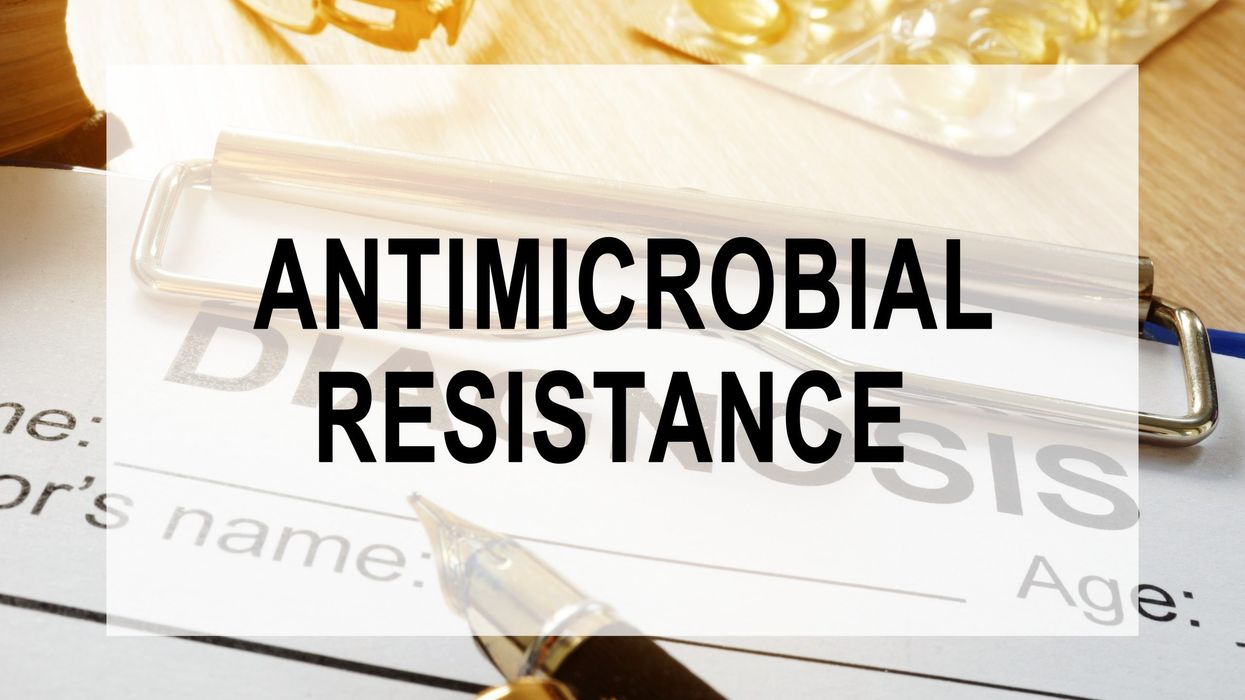FIND receives new 4-year funding from the UK government to develop innovative and accessible diagnostics
The UK Department of Health and Social Care (DHSC) has signed a new US$10 million (7.8 million pounds) grant agreement with global non-profit organisation, FIND.
This extends the UK government’s support to FIND through the Global AMR Innovation Fund (GAMRIF) for another four years.
FIND recently announced the GAMRIF funding, which will be used to support its three-pronged strategy to prevent AMR emergence and halt its development.
Dr Cassandra Kelly-Cirino, Vice President, Health Programmes at FIND, said: “Lack of essential diagnostics that can be accessed by people when and where they are needed is jeopardizing global efforts to combat AMR everywhere. We are grateful to GAMRIF for the continued support as we work in partnership on this multi-faceted strategy to save lives.”
Dame Sally Davies, UK Special Envoy on AMR, highlighted that antimicrobial resistance (AMR) is a global threat, leading to 1.25 million deaths across the world each year, with the highest burden in low- and middle-income countries.
Commenting on the renewed FIND–GAMRIF partnership to develop innovative and accessible diagnostics, she said: “These tests and digital tools will aid clinical decision-making, ensuring that patients get the most appropriate treatment when they need it, as well as improving data collection to enhance our understanding of AMR locally and globally.”
By 2050, the number of deaths due to AMR is expected to increase to 10 million deaths per year.
The rise in AMR is projected to result in a 25 per cent increase in healthcare costs in low-income countries by 2050, compared to a six per cent increase in high-income countries.
Through GAMRIF, the UK supports research and development around the world to reduce the threat of antimicrobial resistance in low- and middle-income countries. The new funding will extend its support to FIND for a period of 4 years, from 2023 to 2027.













